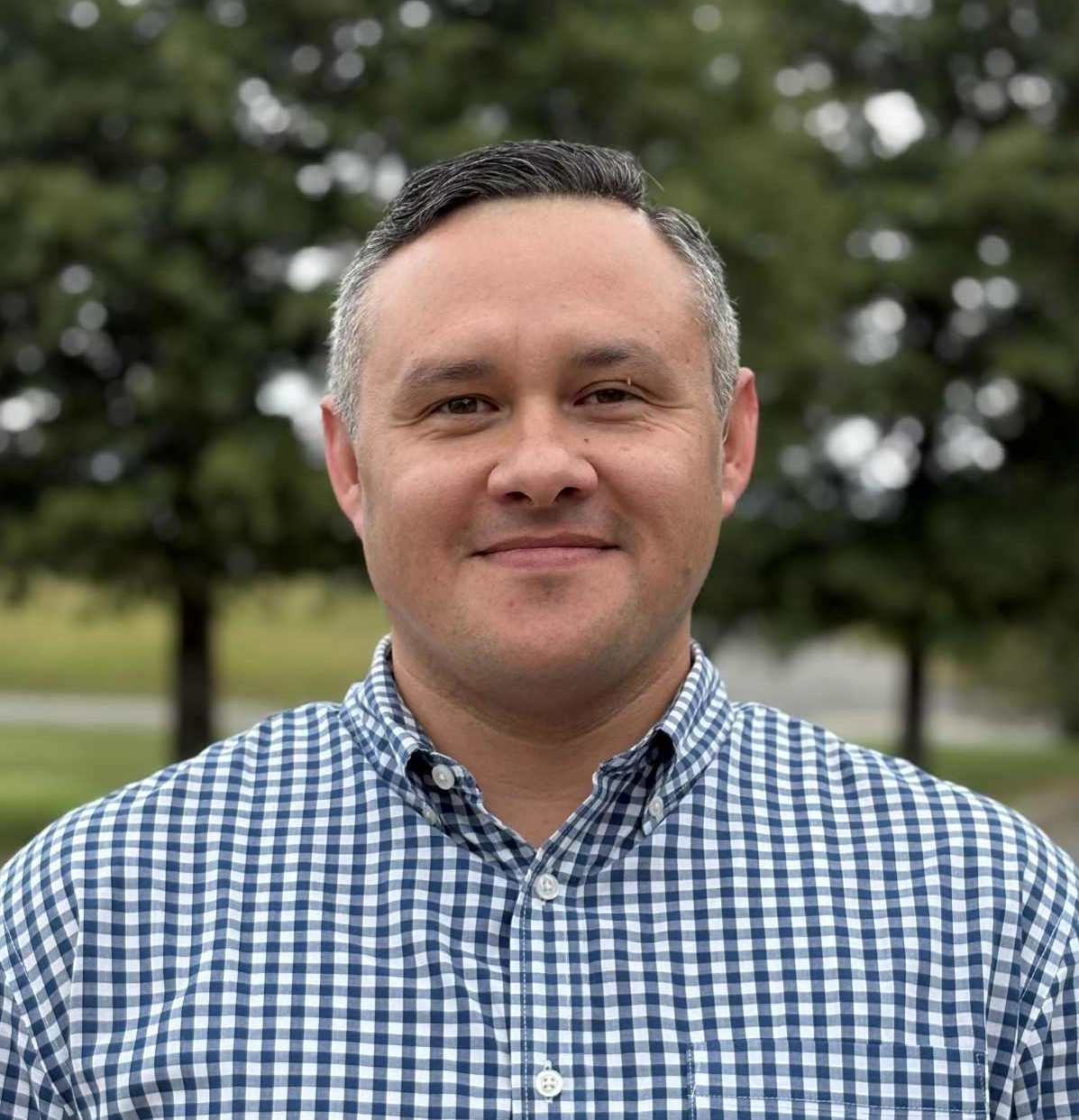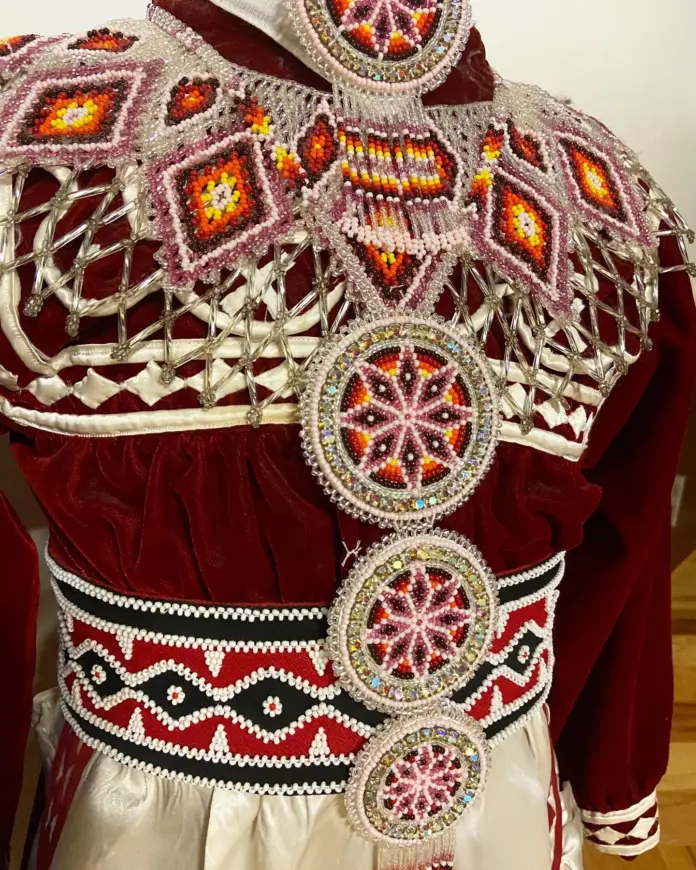By Steven Hunter/For The Sentinel
I’m primarily writing this as a reflection of my tribe. Still, many other tribes are similar in that there’s no such thing as patriarchy. Instead, tribes are matrilineal, so it counted more for who your mother was than your father. Obviously, living in the United States, we’re accustomed to patriarchy having spilled over from the Roman Empire, where a woman was either her father’s or husband’s property. Thankfully, we’ve made a lot of progress in that field. Perhaps knowing about tribal life will help us to function as a society.
In the sixteenth century, when Hernando de Soto came to this continent, he encountered the Choctaws. Chief Tvshkalusa, after whom the city of Tuscaloosa is named, led warriors in fighting the Spanish. A Spanish chronicler noted that as Choctaw men fell in the battle of Mabilla, their women took up arms and continued fighting, believing it was better to fight and die than to become enslaved and lose their honor. Our war dance, to this day, consists of a man and a woman dancing side by side, demonstrating the prominent role women play in our tribe.
One of my favorite stories is of the Chickasaw Hatchet Women. In 1736, at the Battle of Ogoula Tchetoka, Chickasaw women joined men to fight off the French, who sought to gain control of the Mississippi River. To do that, they had to raid a Chickasaw village. Faced with musketry fire, the village was about to be besieged. From a neighboring village, Chickasaw men and women came, along with children with bows and arrows. As they breached the hill, the French and their Indian allies heard women singing. Those who wrote about this said they were singing war songs, and the women were immortalized as the Hatched Women. They attacked, sending the French and their allies to flight. The French officers didn’t flee and were subjected to the Chickasaw’s punishment.
When the United States was a young country negotiating treaties with various tribes, Euro-Americans were taken aback when Choctaw women accompanied the chiefs to the negotiations. These Euro-Americans thought it savagery for the men to have brought women with them. Still, they failed to understand the men’s confidence in their women. This is especially true of elders. When Choctaws wanted to wage war, they would travel to the villages and had to secure the permission of the clan mothers to fight, since it was their children and grandchildren who would be at risk. If the clan mothers didn’t consent, the war didn’t happen despite the chief’s status. If war was waged, the women determined whether captives were to be adopted into families.
One oral tradition that has been suppressed surrounds the death of Custer. Though he was already shot, Buffalo Calf Road Woman, a Cheyenne warrior, is credited as having delivered the blow to Custer that caused him to fall from his horse. Then a vanguard of men and women warriors finished him off.
In my tribe, hollo refers to the feminine essence. From this term stems other cognates: ihollo means “to love,” hullochi means “to sanctify,” and holitopa means “beloved” or “holy.” There’s a phrase I use with my children and my wife: Chi hullo li. It means, “I love you.” Women were the life givers and sustainers. There was probably no more sacred state than for a woman to be pregnant. As her belly grew, if children ever mocked or poked fun at her belly size, they would be met with swift punishment. When it came time to deliver the baby, women would seclude themselves, and men were not allowed to be near.
These are all traits that I see in my daughter. She’s not like one of the women in a Jane Austen novel. She works in the male-dominated field of law enforcement as a Sheriff’s Deputy and a Sergeant with the National Guard Military Police. Since she was little, we’ve wrestled and trained in martial arts. I refer to her as Tvshka, which means “Warrior.” When she started dating the man who’s now her husband, he and I had a chat. I told him my expectations as her father. Usually, most fathers would say, “If you hurt her, I’ll hurt you,” or something like that. I didn’t. However, I did say, “I would say that I’d hurt you if you hurt her, but I don’t have to because she’ll be the one to hurt you.” Don’t get me wrong, she’s tough, but she can also gussy up when the occasion calls for it. To her, my wife, and all the Choctaw women in my life, I tip my hat to you all. Chi hullo li chito!

Steven Hunter is the preacher for the Glendale Road Church of Christ in Murray, Kentucky. He has served and continues to serve on various non-profit boards in the community. Steven is a Reserve Deputy with the Calloway County Sheriff’s Office, a member of the Murray Rotary Club and a volunteer at the Anna Mae Owen Hospice House, among other things. He is also the newest member of The Sentinel’s Board of Directors.




